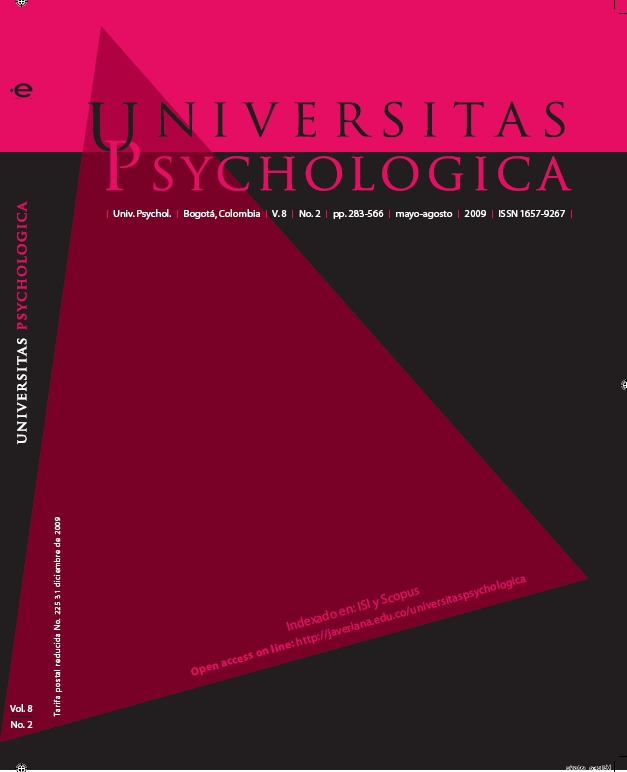Abstract
This research study analyzed the structure of educators’ implicit theories of intelligence (ITI) and explored the relationship between ITI and beliefs about the identification of gifted students. This study included a sample of 372 educators. School Teachers and professors from colleges of education favor practical, analytical, and creative attributes in their prototypes of an intelligence person. However, participants were fairly neutral about whether interpersonal and intrapersonal attributes characterized intelligent people. Educators that rated creativity as an important attribute of intelligence tend to favor multiple methods to identify gifted students. In contrast, educators who supported the use of IQ test as the primary basis of gifted identification tended to agree that analytical abilities were part of the structure of intelligenceThis journal is registered under a Creative Commons Attribution 4.0 International Public License. Thus, this work may be reproduced, distributed, and publicly shared in digital format, as long as the names of the authors and Pontificia Universidad Javeriana are acknowledged. Others are allowed to quote, adapt, transform, auto-archive, republish, and create based on this material, for any purpose (even commercial ones), provided the authorship is duly acknowledged, a link to the original work is provided, and it is specified if changes have been made. Pontificia Universidad Javeriana does not hold the rights of published works and the authors are solely responsible for the contents of their works; they keep the moral, intellectual, privacy, and publicity rights. Approving the intervention of the work (review, copy-editing, translation, layout) and the following outreach, are granted through an use license and not through an assignment of rights. This means the journal and Pontificia Universidad Javeriana cannot be held responsible for any ethical malpractice by the authors. As a consequence of the protection granted by the use license, the journal is not required to publish recantations or modify information already published, unless the errata stems from the editorial management process. Publishing contents in this journal does not generate royalties for contributors.


